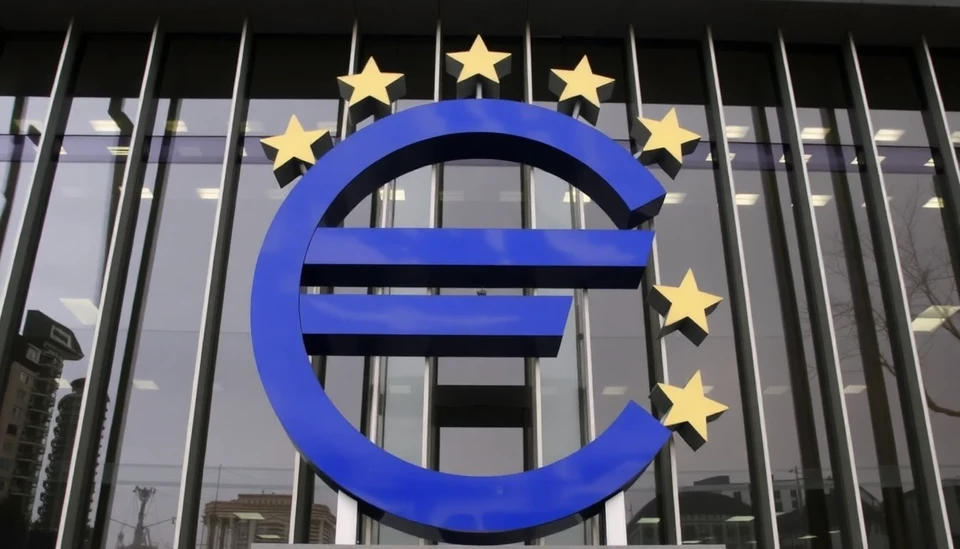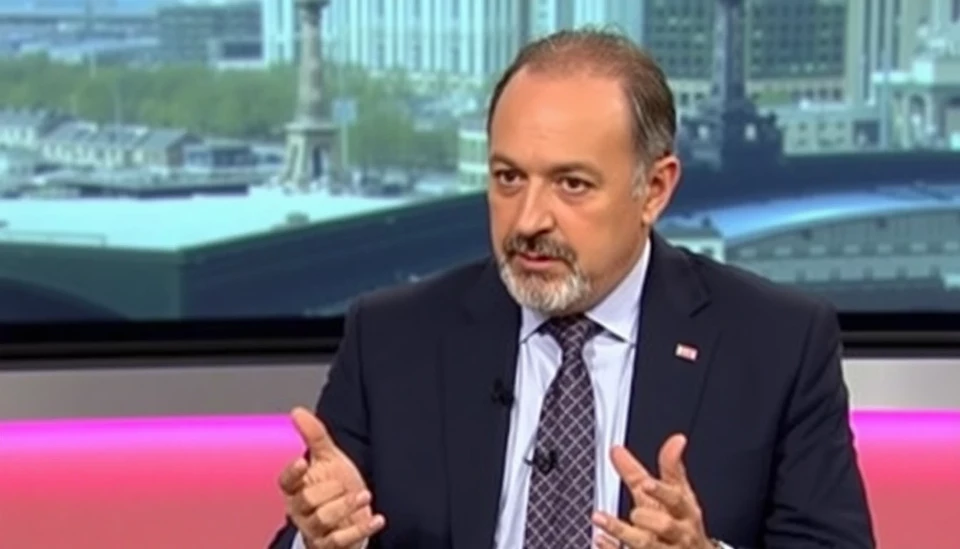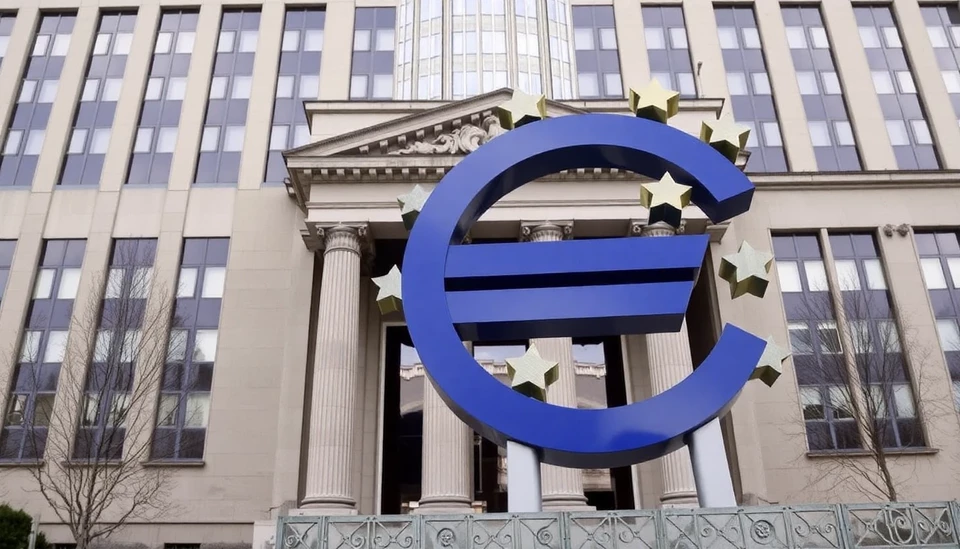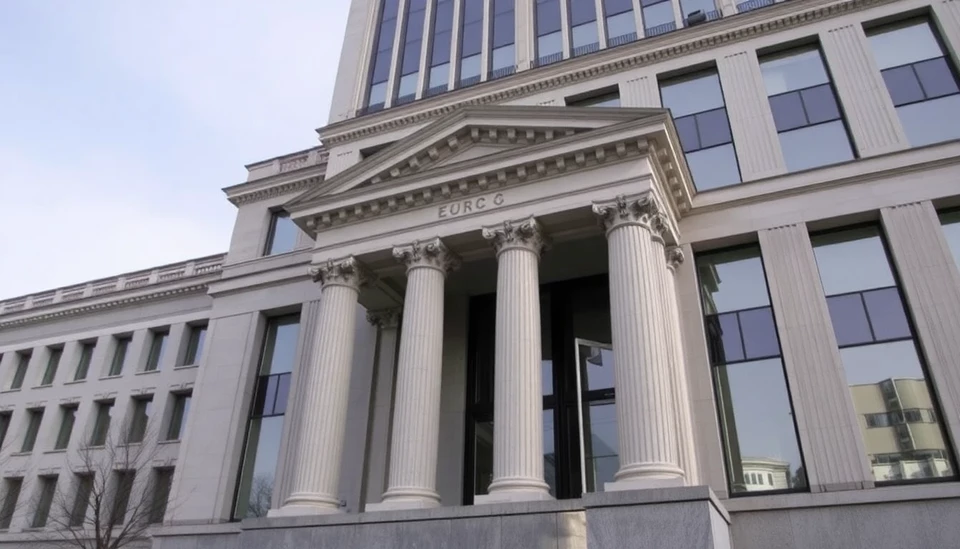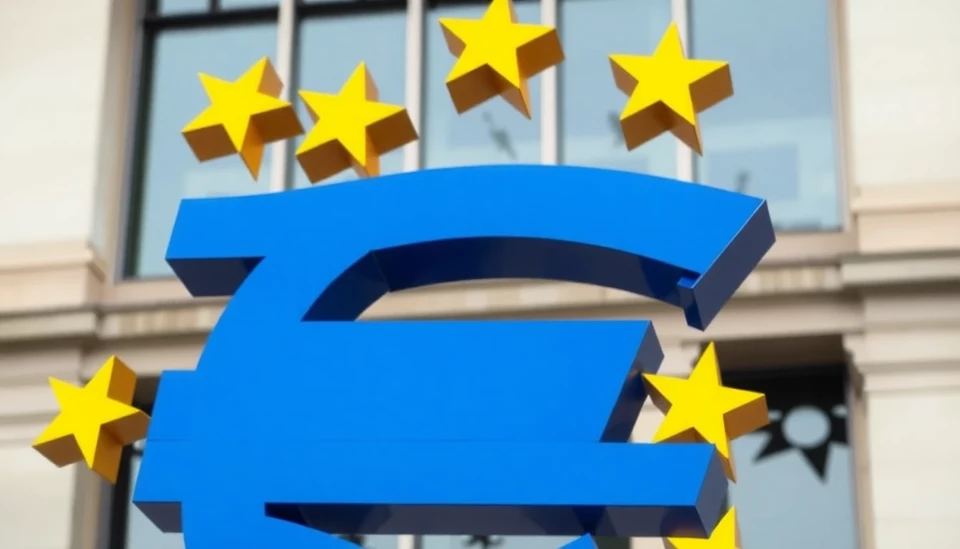
Recent findings from a comprehensive survey have suggested a growing consensus among economists that the European Central Bank (ECB) may need to implement faster interest rate cuts to rejuvenate the struggling Eurozone economy. As inflation rates gradually decline, experts believe that the ECB's current course of monetary policy may be inadequate for stimulating economic growth and addressing the unique challenges faced by member countries.
The survey, which aggregates insights from various economic analysts, highlighted that a significant portion of respondents foresee a need for more aggressive easing measures by the ECB, despite the central bank's previous cautious stance. Economists have pointed to the sluggish recovery following the pandemic and the persistent economic strains exacerbated by geopolitical tensions and supply chain disruptions, stressing that timely action is essential to mitigate further economic downturn.
Many analysts voiced concerns regarding the rate of economic recovery, noting that while inflation pressures are easing, the overall growth trajectory of the Eurozone remains fragile. A proactive approach involving quicker rate cuts could support businesses and consumers, boosting confidence and spending. The collective sentiment in the survey underscores that the ECB must adapt its strategy to meet the current economic reality.
In light of these findings, there is an increasing call for the ECB to recalibrate its policy outlook. With inflation projected to remain below targets for the foreseeable future, the notion of sticking to a wait-and-see approach is becoming less favorable among economists. Instead, they advocate for a more dynamic approach, wherein the ECB actively seeks to lower borrowing costs to invigorate investment and drive economic activity across the Eurozone.
The potential implications of more rapid rate cuts are significant. Lower interest rates could lead to increased borrowing by both businesses and consumers, fostering an environment conducive to spending and investment. This, in turn, could help stimulate job creation and enhance overall economic productivity. However, the challenge lies in ensuring that such policies do not inadvertently lead to any resurgence in inflationary pressures.
Market analysts are closely monitoring the ECB's upcoming meetings for indications of a shift in monetary policy. The interplay between inflation rates, economic growth, and global market conditions remains delicate, and the decisions made by the ECB will undoubtedly have far-reaching consequences for the Eurozone and its recovery trajectory.
As the economic landscape evolves, stakeholders are urged to remain vigilant and adaptable to navigate the complexities of fiscal policy and its impacts on growth. The dialogue surrounding monetary policy is more critical now than ever, as the Eurozone strives to overcome its economic challenges in a changing global environment.
The outcome of the ECB's decisions in the coming months will be pivotal, potentially shaping the economic future of the Eurozone and influencing global market dynamics.
#ECB #Eurozone #Economy #InterestRates #EconomicRecovery #Inflation #MonetaryPolicy #Finance
Author: Laura Mitchell
